MUSIC WAY PROJECT: CEIPA and TOYOTA GROUP Launch New Global Initiative for Japanese Music at MUSIC AWARDS JAPAN
On May 21 and 22, the curtain rose on the very first MUSIC AWARDS JAPAN — the largest international music award ever held in the country — at the prestigious ROHM Theatre Kyoto. More than just a celebration, it marked the launch of a bold new vision for the future of Japanese music. Spearheaded by CEIPA (Cultural and Entertainment Industry Promotion Association) and backed by TOYOTA GROUP, the MUSIC WAY PROJECT sets out to drive Japanese music onto the global stage with a powerful message: “Japanese Music Drives the World.” In the wake of the pandemic and the explosive growth of streaming, the entertainment landscape has transformed — and with it, the global spotlight on Japanese pop culture has intensified. This public-private initiative is designed to be the gateway that takes Japanese music beyond its own borders.
The initiative unfolded as part of MUSIC AWARDS JAPAN Award Week, a city-wide celebration held from May 16 to 22 alongside the 2025 awards ceremony. Kyoto came alive with globally focused events — ranging from live performances to symposiums — reflecting the international spirit of the week.
CEIPA x TOYOTA GROUP "MUSIC WAY PROJECT" Global Co-writing Camp -SONG BRIDGE 2025-
Among the highlights of the MUSIC AWARDS JAPAN Award Week was the CEIPA x TOYOTA GROUP "MUSIC WAY PROJECT" Global Co-writing Camp — SONG BRIDGE 2025 — a truly unique initiative. Bringing together a diverse lineup of global artists, producers, and creators in a retreat-style setting, the camp focused on collaborative songwriting. Notable figures such as Dutch singer-songwriter Benny Sings, Grammy winner Masanori Takumi, and Hiroyism, who has penned hits for J-pop stars NEWS and LISA from BLACKPINK, participated. The experience energized and motivated many emerging Japanese artists and creators aiming for the global stage.
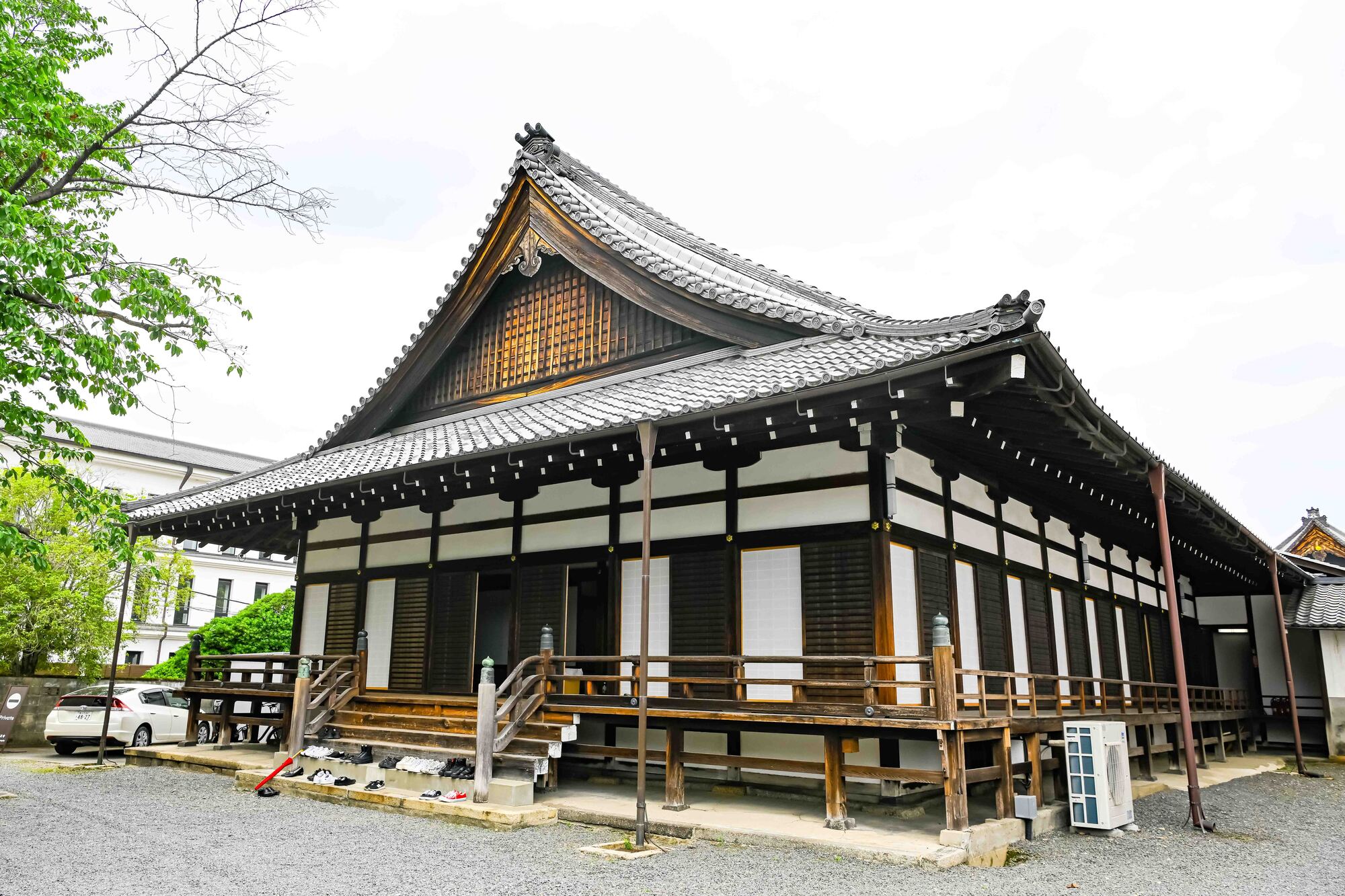
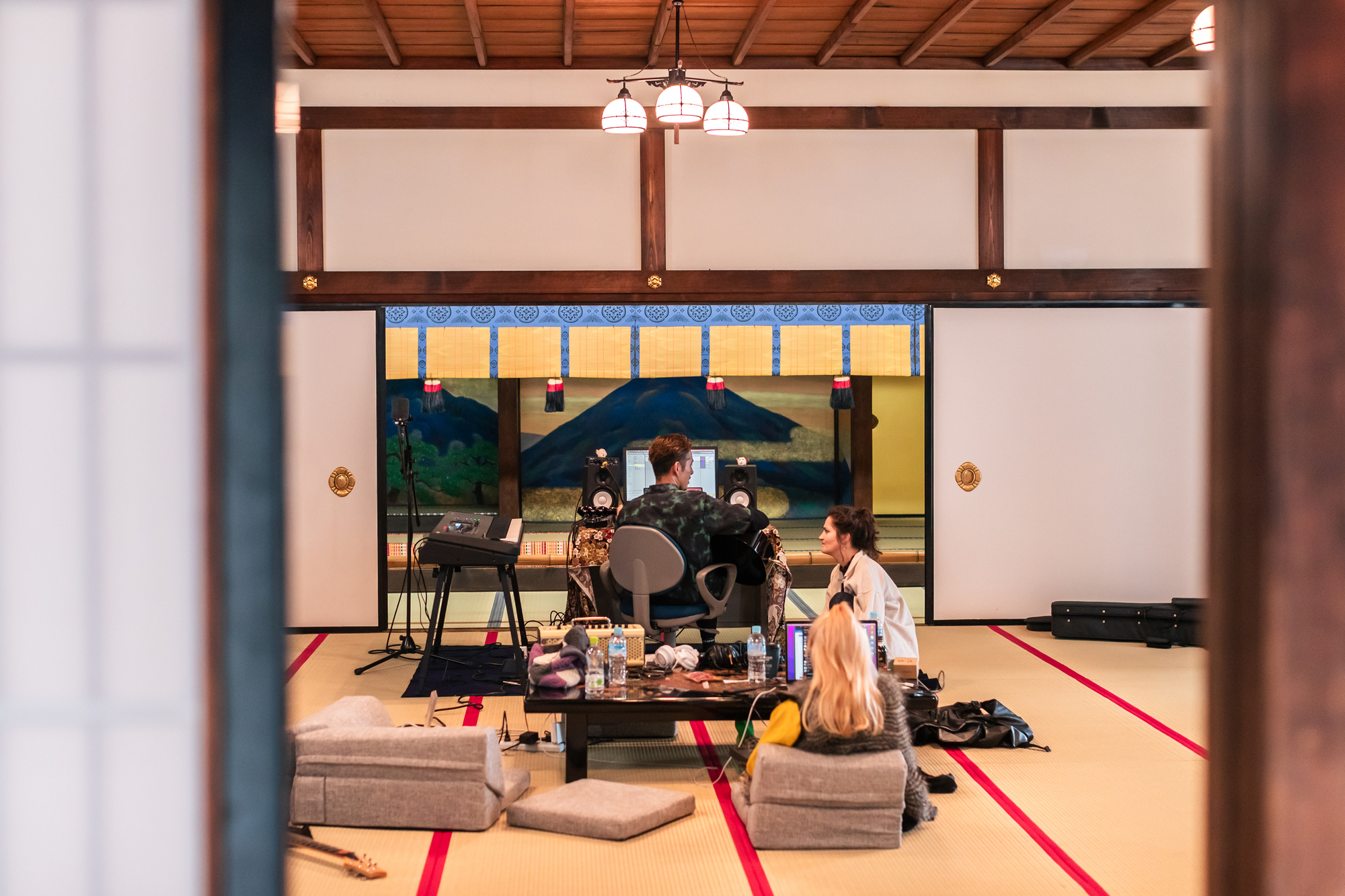
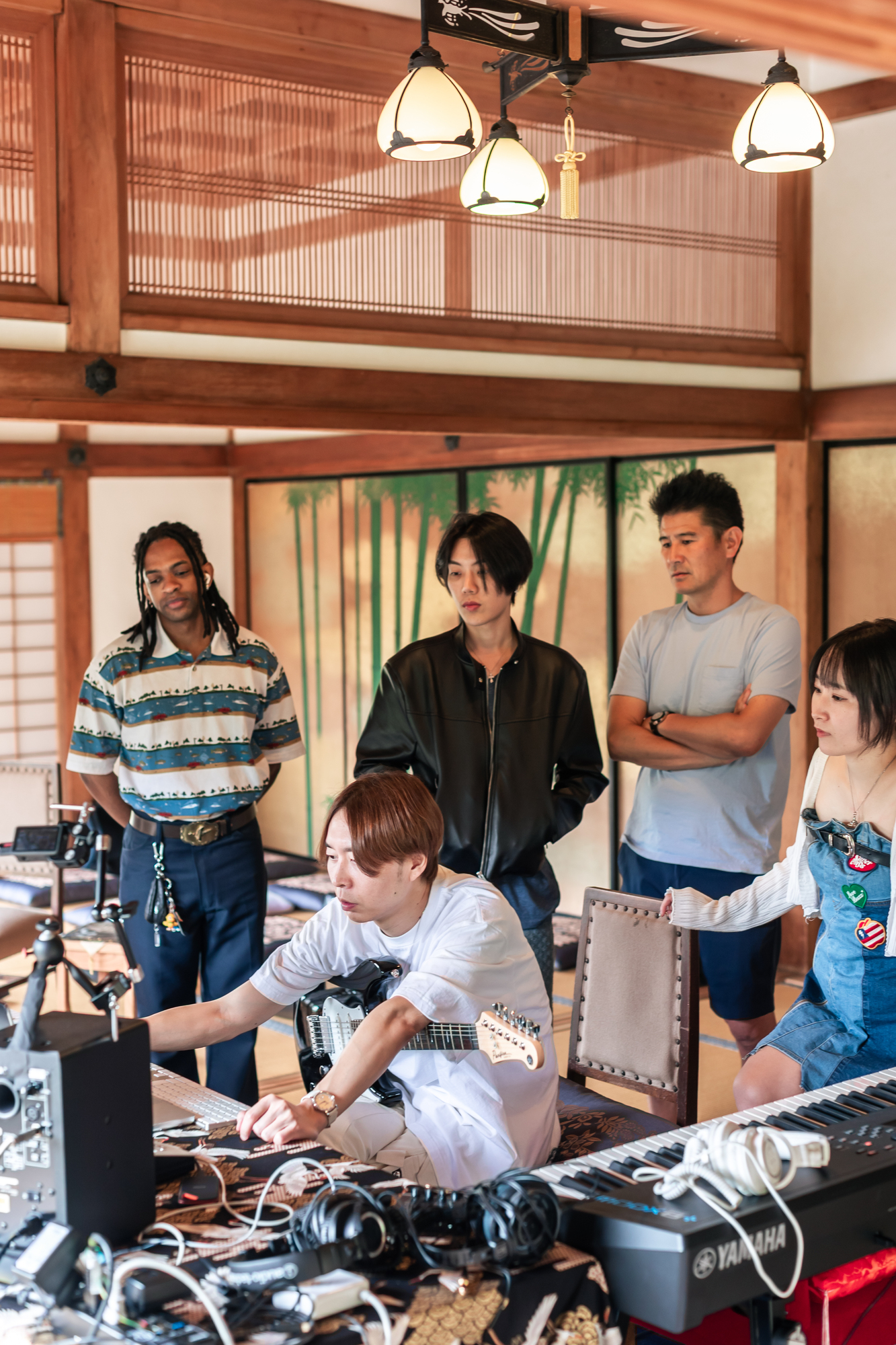
Over the course of four days, from the 18th to the 21st, the co-writing camp was held across four locations: Kōshō-ji Temple, Heian Jingu Shrine, Ohnishi Tsune Shoten and Kyoto University of the Arts. At each venue, up to seven temporary studios were set up daily, with multiple creators assigned to each room. Each morning, the creators gathered to begin their sessions, and by the end of the day, they were expected to have at least one song partially completed.
The camp’s most distinctive feature was its location. Historic wooden buildings unique to the ancient city of Kyoto — such as temples, shrines, and traditional machiya-style shops — were transformed into studios. Digital music production equipment and instruments were brought into these rooms, where the songwriting process took place. Being immersed in such an environment, completely different from a typical studio or home setting, was expected to inspire a fresh and unique kind of creativity.
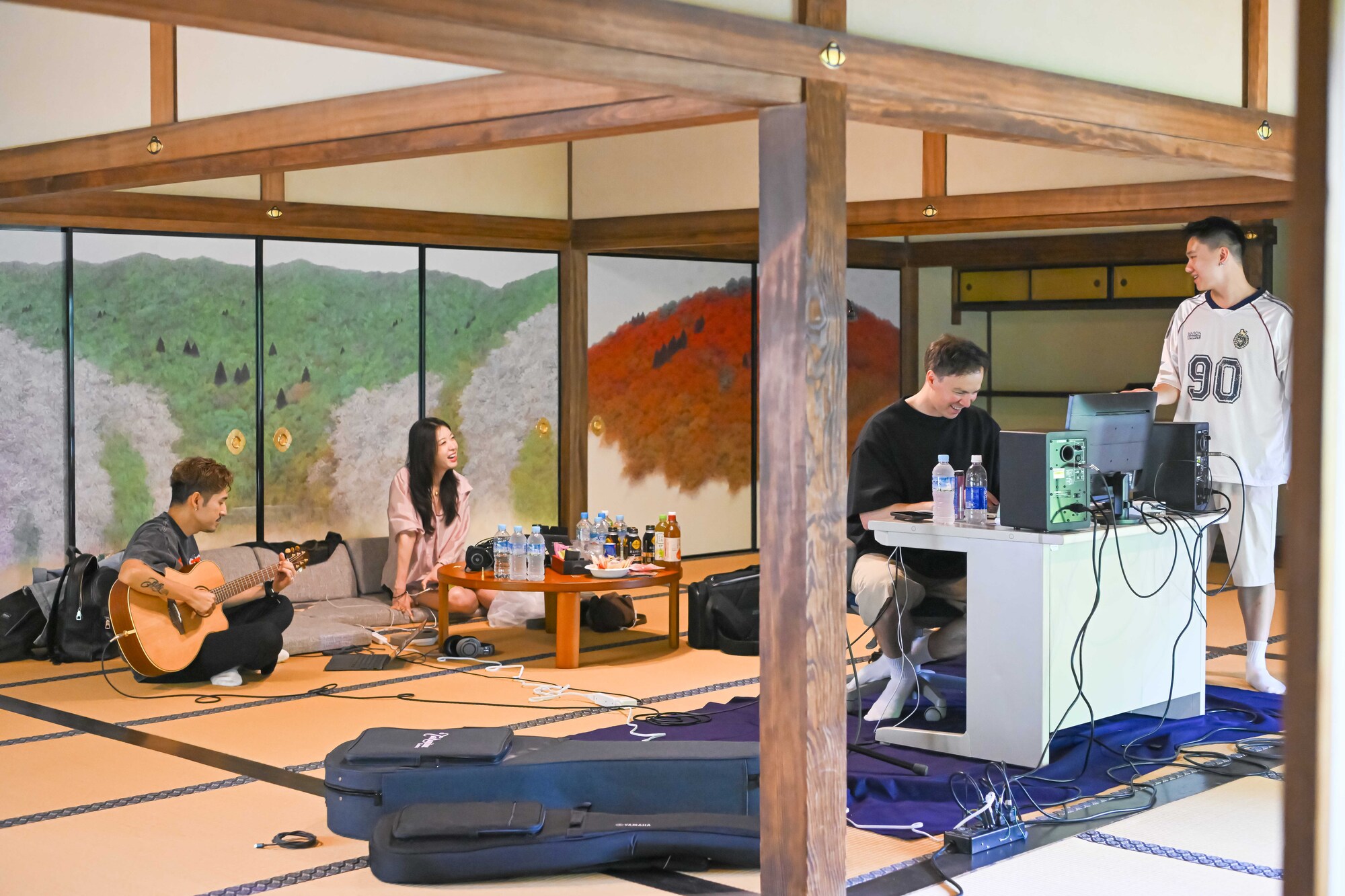
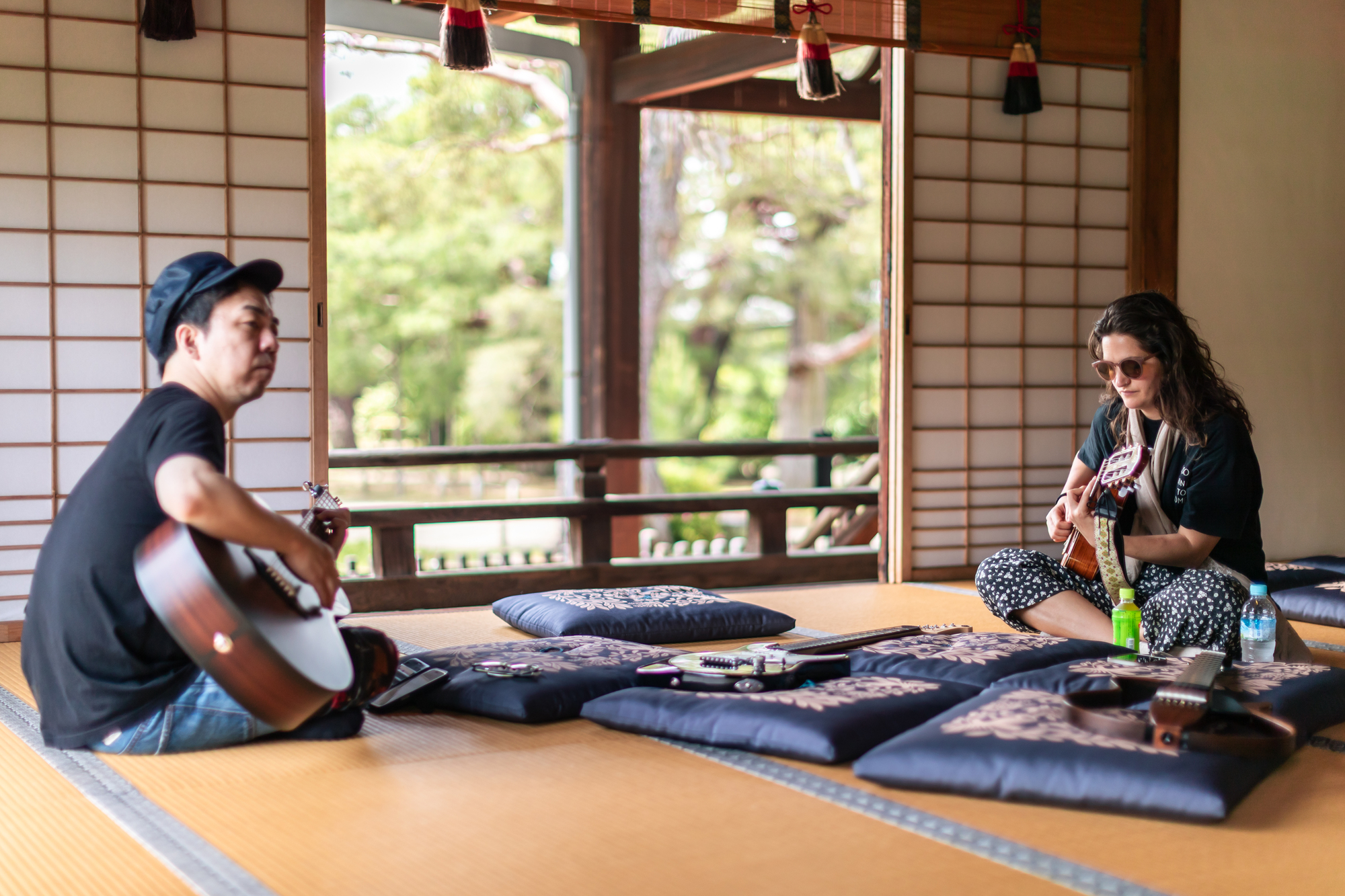
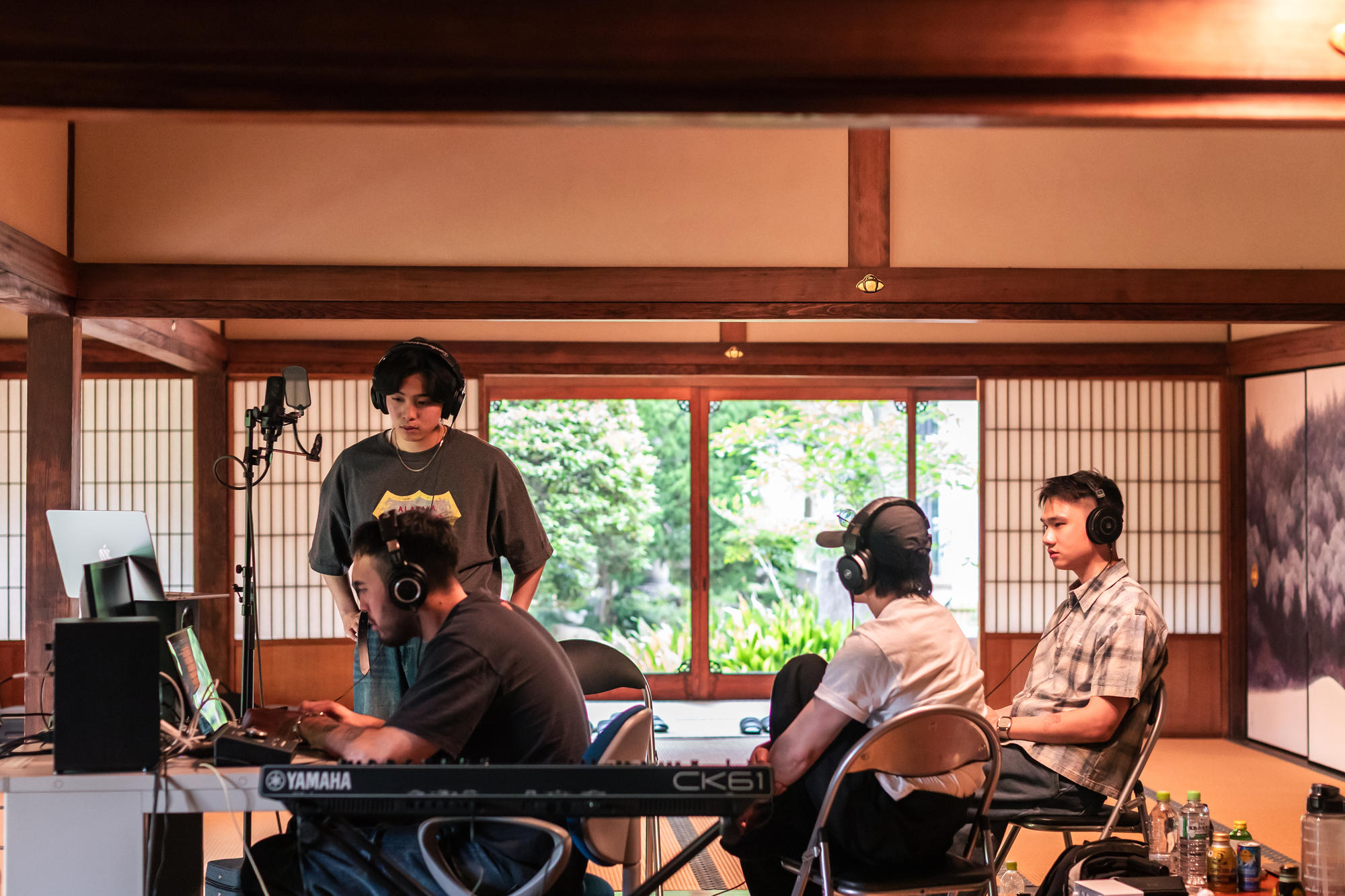
The Heian Jingu Shrine venue was arguably the most exceptional location. The studio was housed in the shrine’s Guest Hall, a space usually closed to visitors, with breathtaking views of a traditional Japanese garden. Working in such an elegant environment, where one can admire the serene garden, must have been a profound source of inspiration, especially for the international creators. Even for Japanese creators, this was a rare and extraordinary experience. The unique atmosphere clearly ignited excitement and sparked creativity among all involved.
For many creators participating in the camp, who had limited prior experience working in international teams, the CEIPA x TOYOTA GROUP "MUSIC WAY PROJECT" Global Co-writing Camp – SONG BRIDGE 2025 offered a rare and invaluable chance to immerse themselves in a truly global creative setting. The tracks crafted during this camp are set to be released worldwide as official recordings, making this project a true manifestation of the motto “Japanese Music Drives the World.”
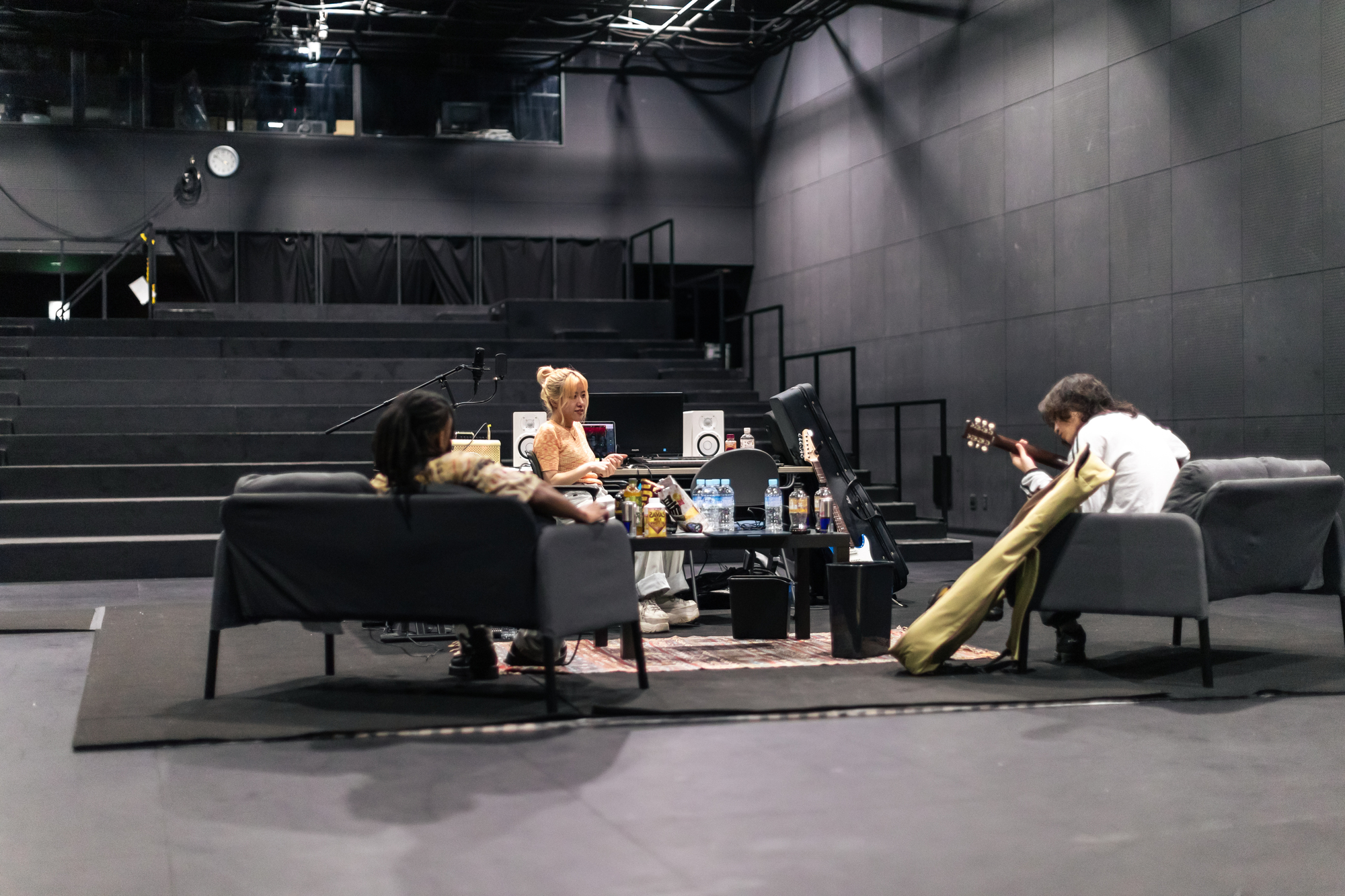
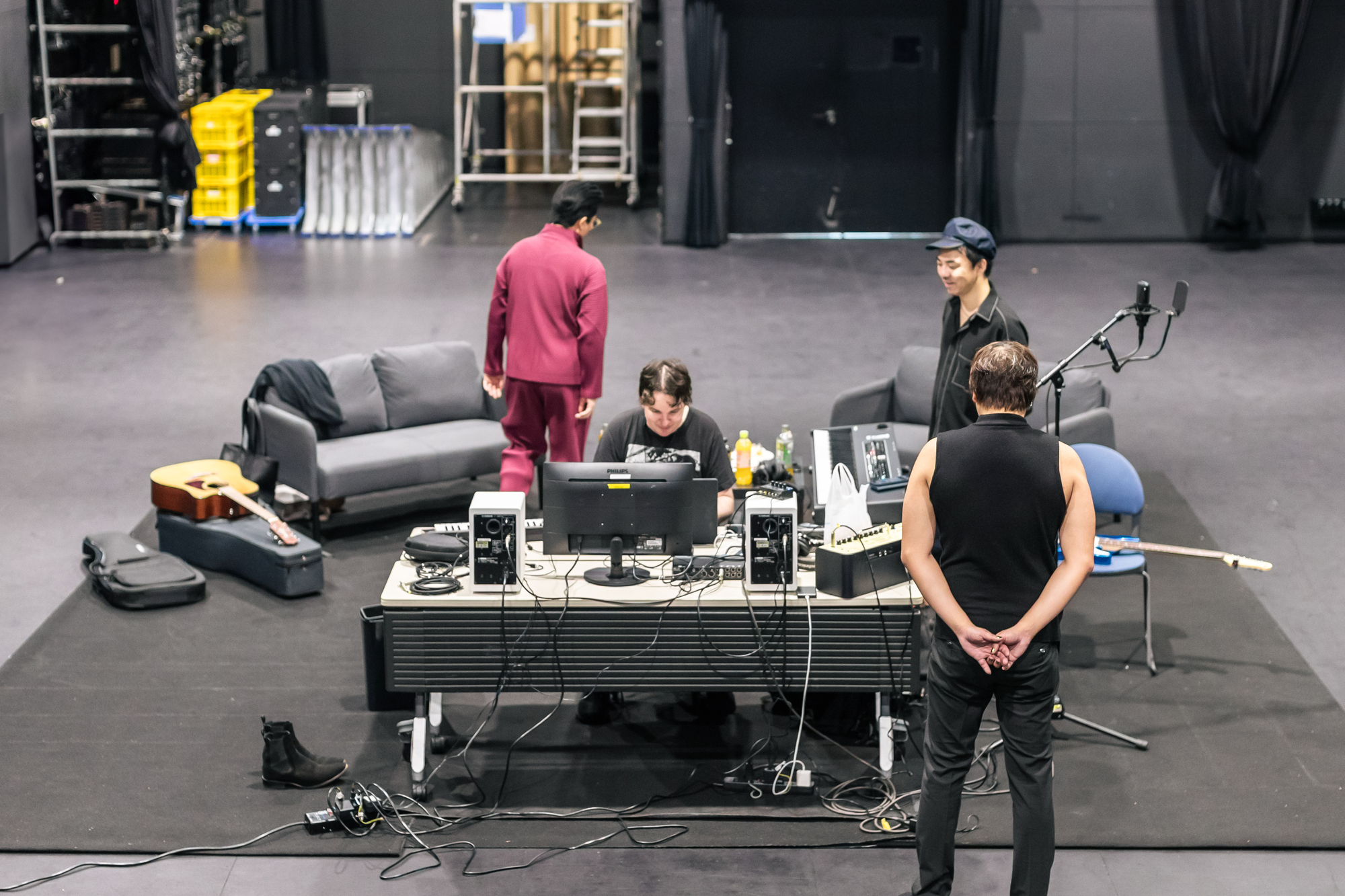
CEIPA × TOYOTA GROUP “MUSIC WAY PROJECT” Professional Seminar Keynote Session
The central mission of the MUSIC WAY PROJECT, which is to bring Japanese music to a global audience, was a key topic during the CEIPA × TOYOTA GROUP “MUSIC WAY PROJECT” Professional Seminar Keynote Session. This session took place as part of the MUSIC AWARDS JAPAN Official YouTube Cocktail Party, a networking event for industry professionals held on May 22.
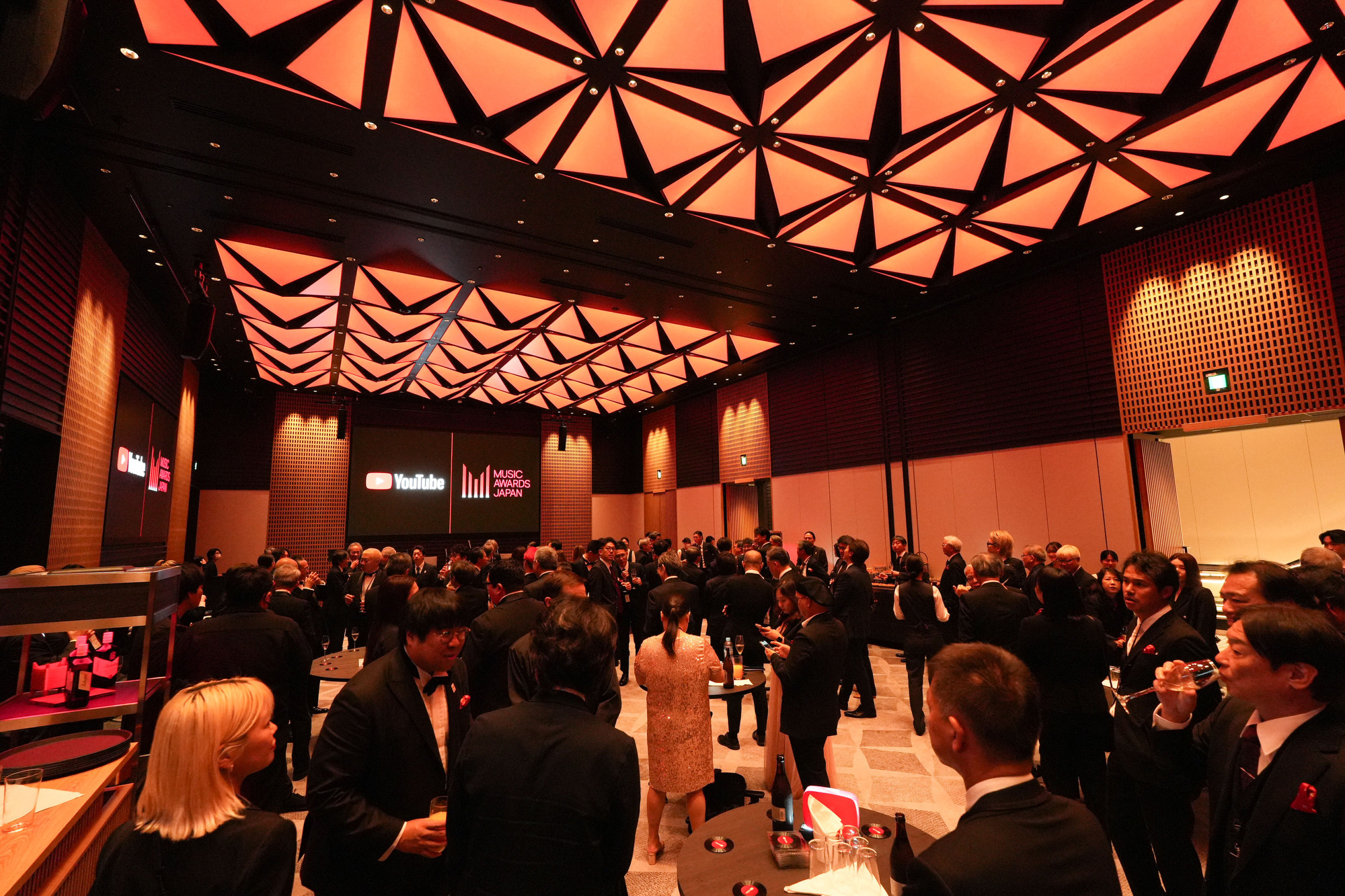
Emilien Moyon from Berklee College of Music’s Valencia campus gave a keynote address, introducing the launch of the Professional Seminar. This collaborative program between Berklee and the MUSIC WAY PROJECT is designed to foster internationally minded music professionals through a series of lectures and workshops. Moyon also shared his personal perspective, supported by data, emphasizing that Japanese music still has significant room to grow and connect with global audiences.
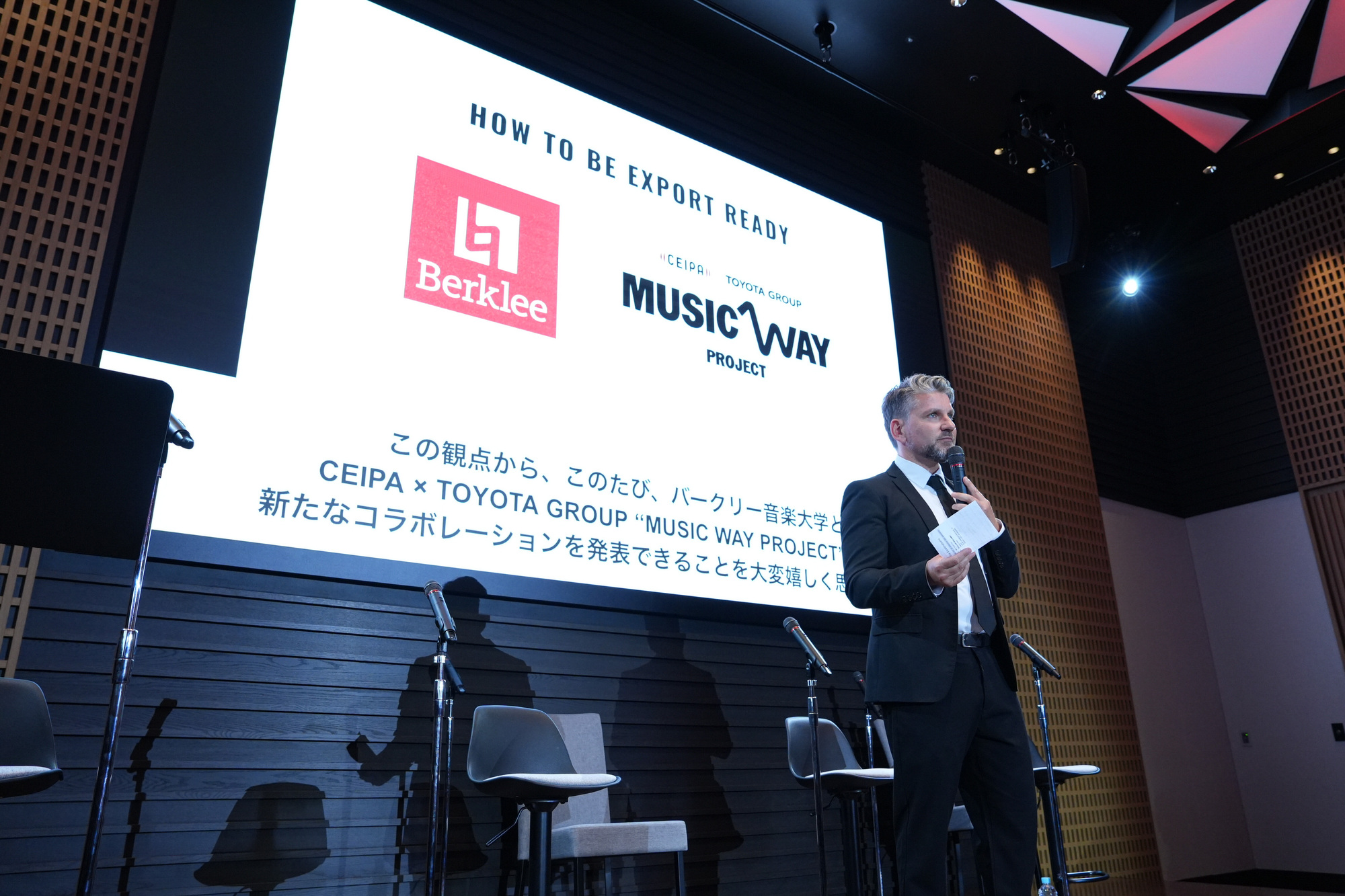
Following the keynote, a panel discussion took place featuring Tom Windish (Executive Vice President at Wasserman Music), Yusuke Nakagawa (President of ASOBISYSTEM), and Paul Smith (Head of Music, Asia-Pacific at YouTube). Under the theme “Education to Go Global,” the three speakers shared insights from their respective fields, offering perspectives on the current state and future potential of Japan’s music industry.
Tom Windish observed that the live music scene is experiencing a powerful surge, with a rising number of international listeners discovering and embracing Japanese artists. He suggested that this marks the beginning of a significant global movement. Paul Smith highlighted the growing international appreciation for Japanese music, citing its innovative, genre-blending, and uniquely expressive artistic qualities. Yusuke Nakagawa shared his perspective on global outreach, stating that rather than adapting to foreign markets, he places importance on emphasizing the distinct strengths of Japanese culture.
As for the future, Windish expressed his eagerness to collaborate with professional Japanese artists who aspire to connect with audiences worldwide. He believes that meaningful partnerships, built on a shared ambition for success, are key to driving growth. Smith added that intentional and strategic use of music videos will become even more critical in the coming years, and emphasized YouTube’s role in supporting artists by offering tools that expand the limits of creative expression.
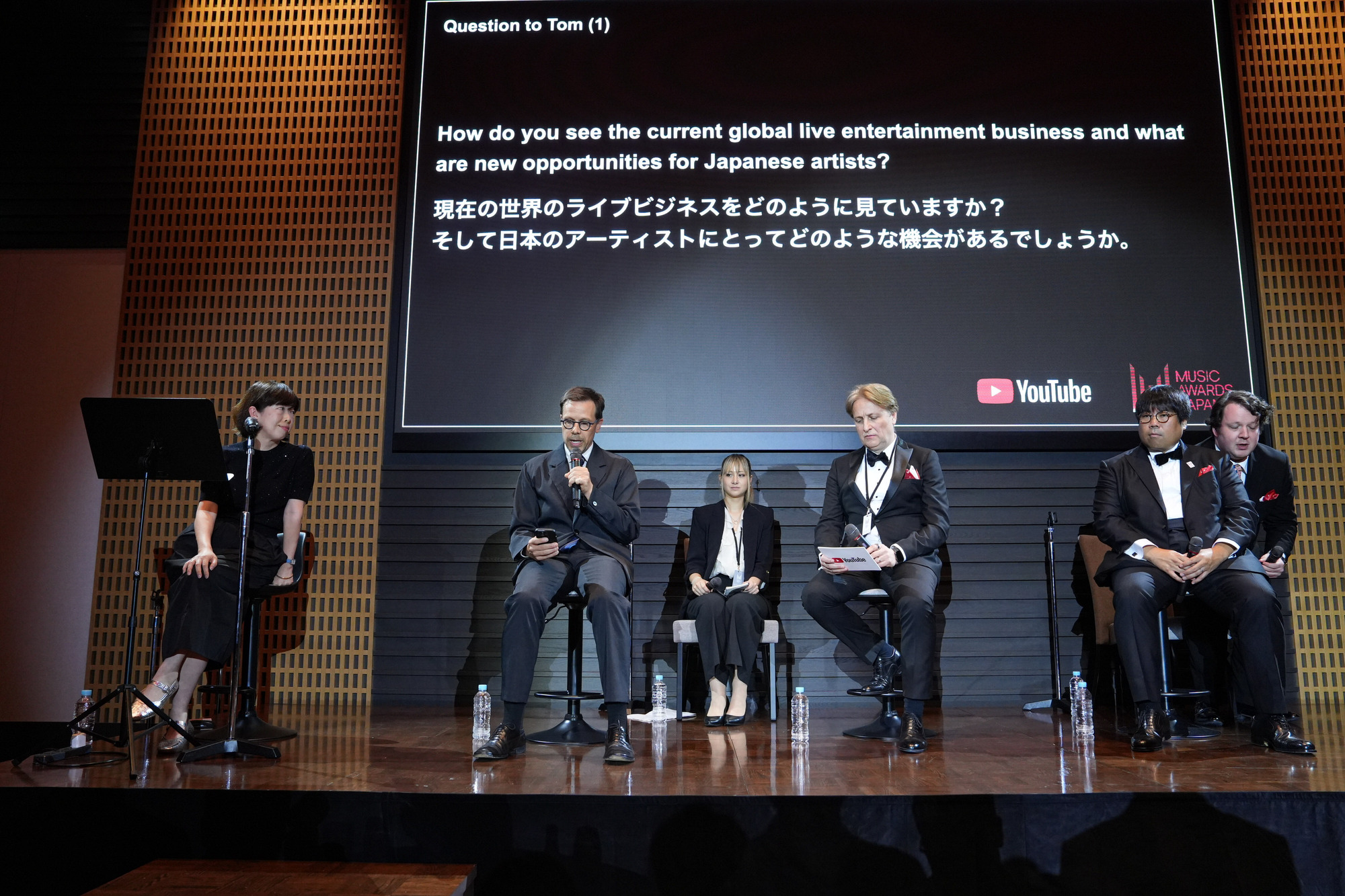
When asked what he believes the next generation of music industry professionals should prioritize, Yusuke Nakagawa pointed to the importance of embracing challenges. “At ASOBISYSTEM, we managed to get two of our artists to perform at Coachella,” he shared. “Rather than getting caught up in worries about contracts or language barriers, the key is to seize every opportunity to go abroad.” He emphasized that bold, action-driven steps are essential for breaking into the global scene.